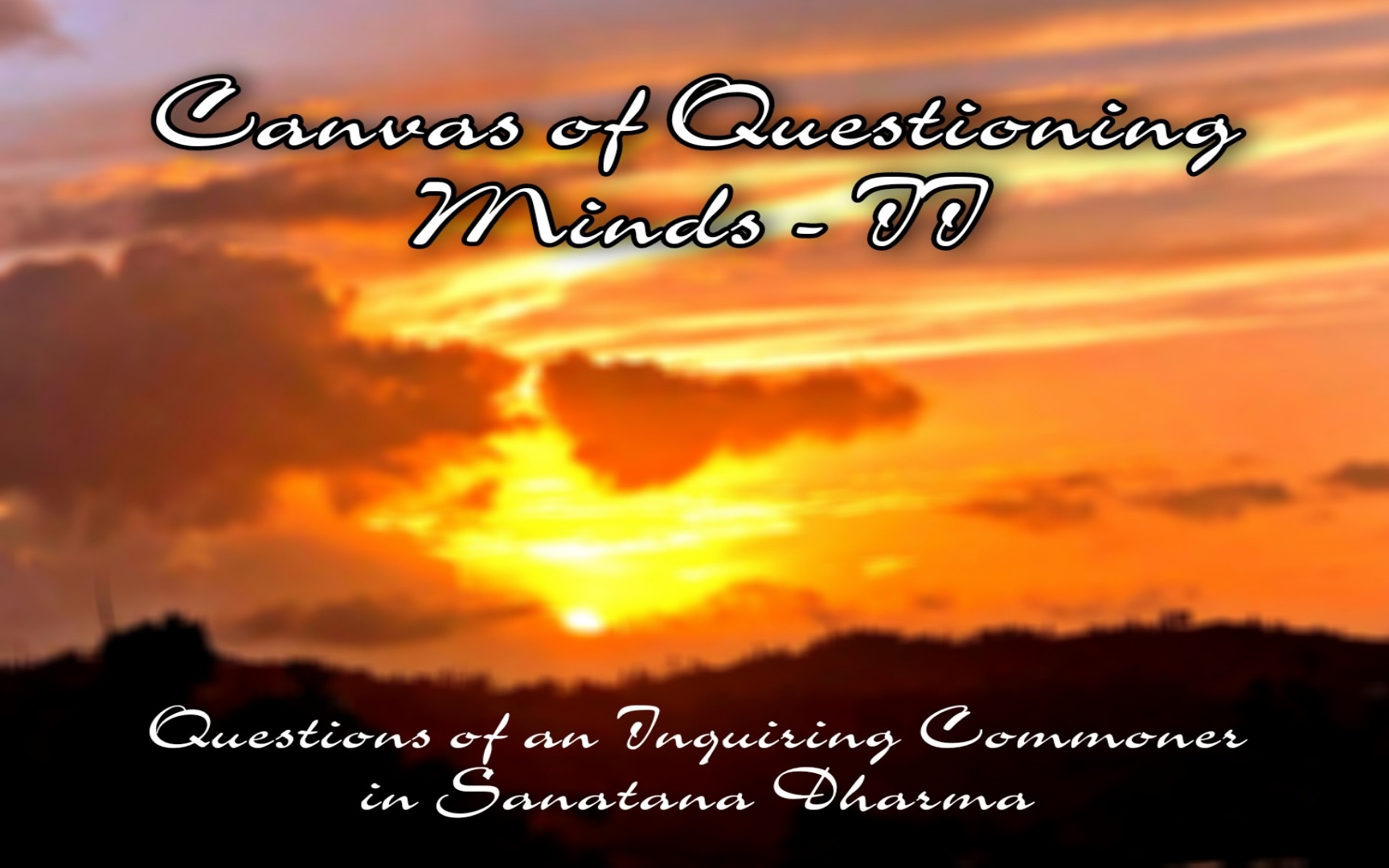
2. Please explain the characteristics of Time (Kaala).
a. Many acharyas (Pundits) consider that time is an external factor because it is without a beginning and without an end, but some acharyas consider that time is eternal in Paramapada, the abode of the Supreme Lord, but is not eternal in this world.
b. Those who consider time as eternal anywhere look at it as stable and does not change, but those who consider it not eternal in this world point out that time underperforms certain transformations minute by minute, by day, by night etc.
c. Time has certain natural dimensions (Prakruthi Parinaama). Its relativity to the world brings about limitations like Nimesha, Kaastha etc.
3. Please explain the dimensions of Time as stated in the authoritative scriptures?
The Puranas say that fifteen Nimeshas are equal to one Kaashta (a Nimesha is equal to a wink of the eye). Thirty Kaashtas are equal to one Kaala; thirty Kaalas are equal to one Divasa or a day; fifteen days are equal to a Paksha; two Pakshas make a month; two months make a Rithu or a season; three Rithus make an Ayana; two Ayanas make a Samvathsara or a year; three hundred and sixty human years make one celestial year (Deva Samvathsara); twelve thousand years make one Chatur Yuga.
A Chathur Yuga is divided into four, the first is the Kritha Yuga consists of 4000 celestial years; the Tretha Yuga consists of 3000 years; the Dwaapara Yuga consists of 2000 years and the Kali Yuga, the Yuga in which we are presently living consists of 1000 years. Each Yuga is divided into two Sandhyas, namely the Poorva Sandhya and the Apara Sandhya. The duration of each Sandhya of the above four Yugas is asunder.
One Manvanthara is equal to seventy-nine Chathur Yugas; like this fourteen Manvantharas make will make a thousand Chathur Yugas; this will equal a day of Brahma’s time and the night will be equal to the day. The days, months, and years of Brahma are reckoned thus and a hundred of such years will constitute the life span of Brahma and is known by the term, Param or Peraam.
4. What benefits accrue to the Lord from time?
Time or Kaala helps the Lord in His endless sportive governance of the universe, which includes the creation, sustenance, and termination.
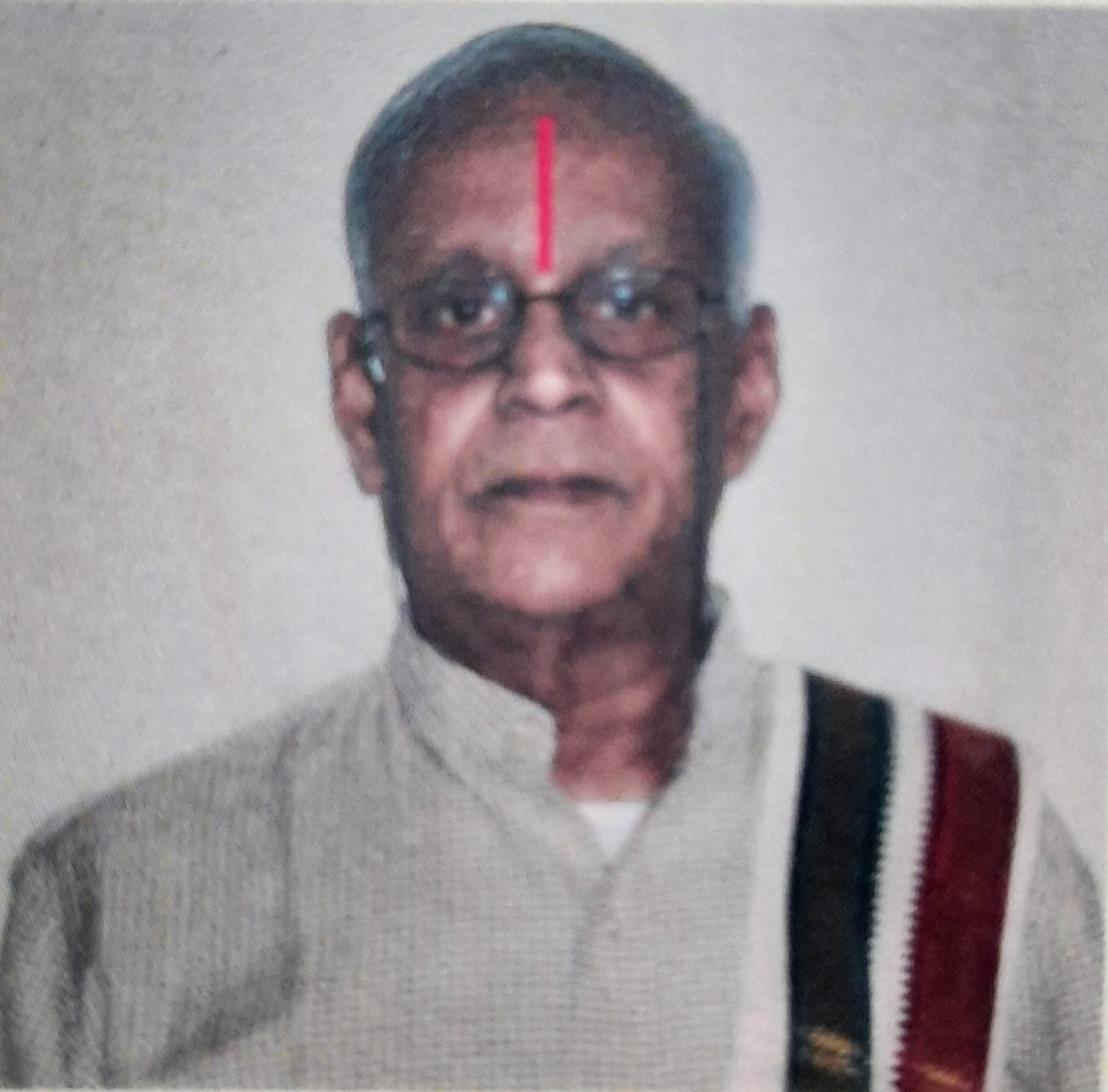
Sridharan Kidambi, born in 1938 at Chittoor (Now in Andhra Pradesh), took his M. A. Degree in Economics from Vivekananda College in 1962. He was a research scholar of the Madras University for two years. He is interested in a wide range of subjects like astronomy, poetry, comparative religion, philosophy, classical music, lyrics etc. Besides Tamil, his mother tongue and English, the academic language, he is familiar with Telugu, Sanskrit, and Russian.
NEXT ARTICLE
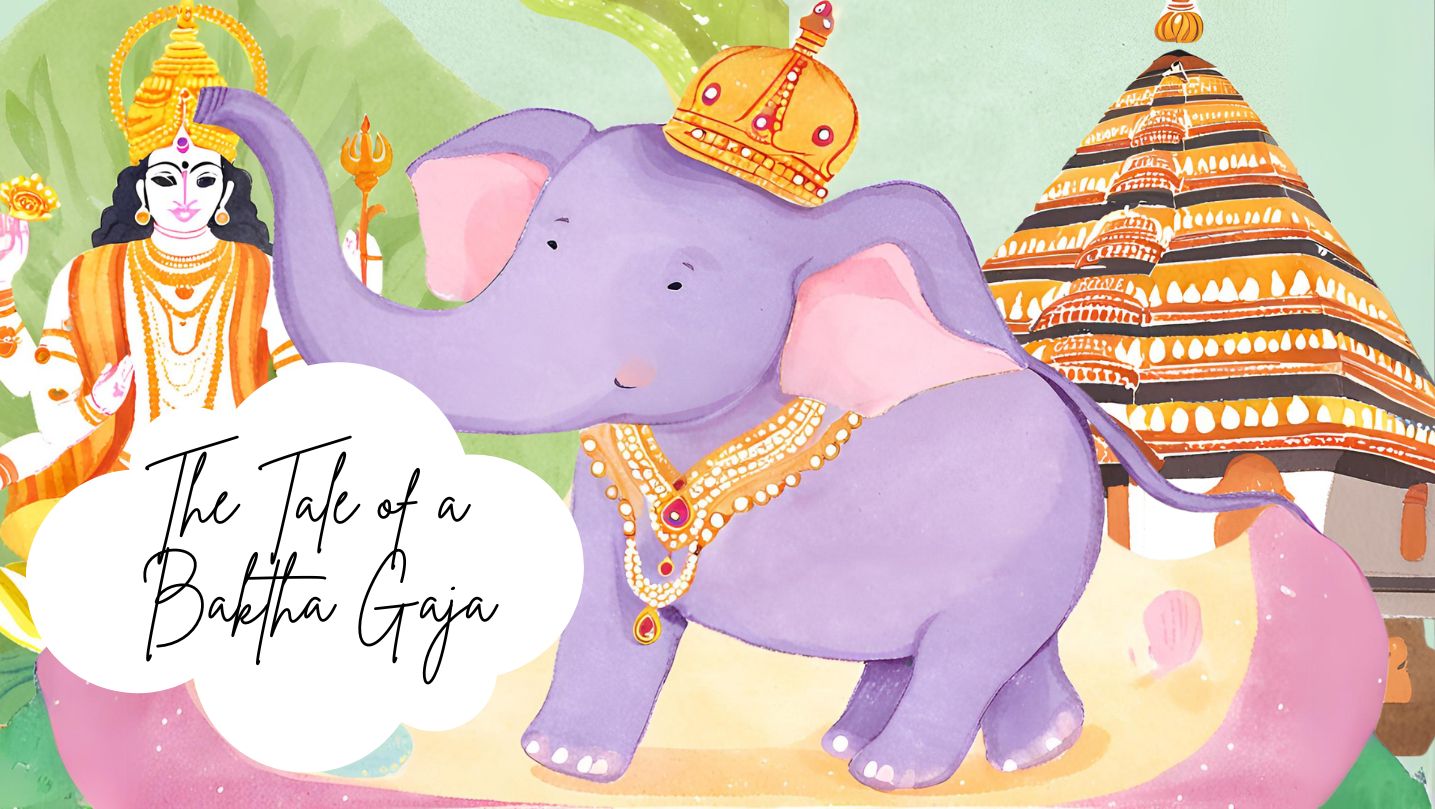
In the lush, green heart of Kerala lived an elephant who became a living legend - a tale of an elephant turned into a bakth. His name was Keshavan, bu...
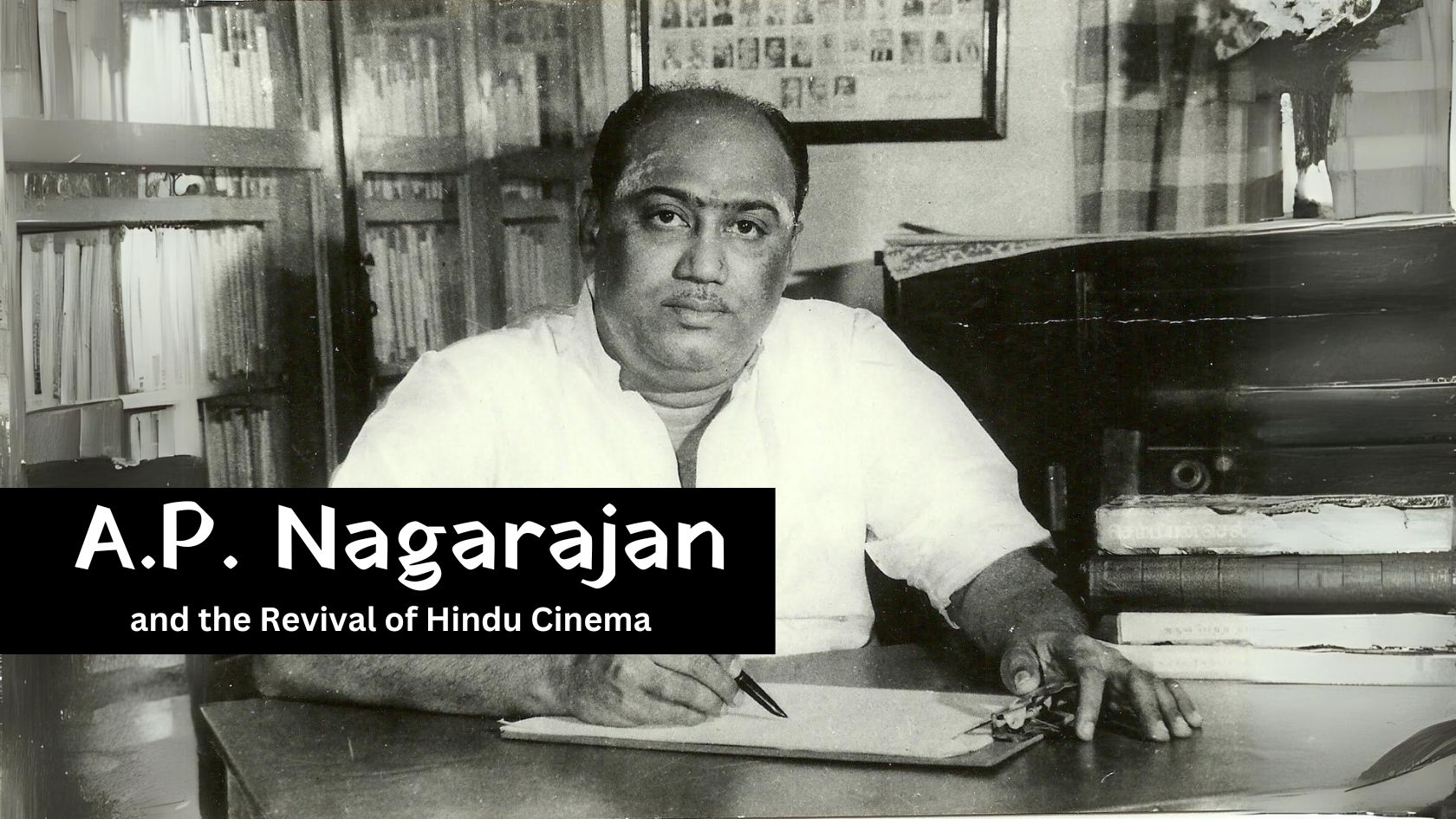
In the early days of cinema, both silent and talkie films thrived on puranas and ithihasas. However, as the years passed, especially by the late 1950s...
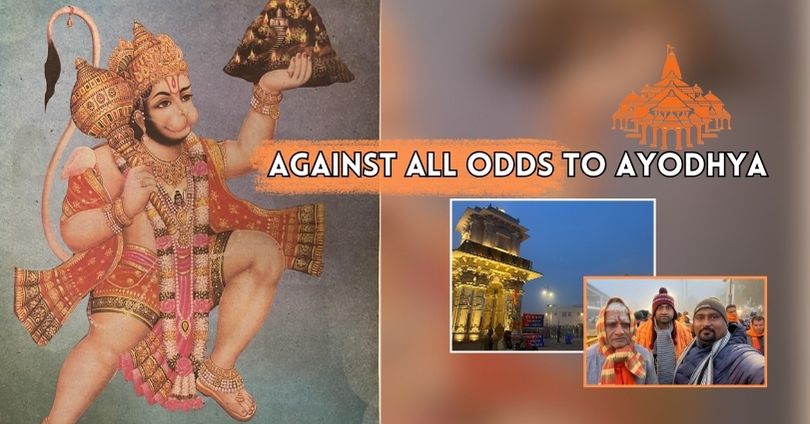
Life often presents us with choices that test our resolve, faith, and priorities. Attending the Prana Pratishtha of the Ram Lalla in Ayodhya had alway...